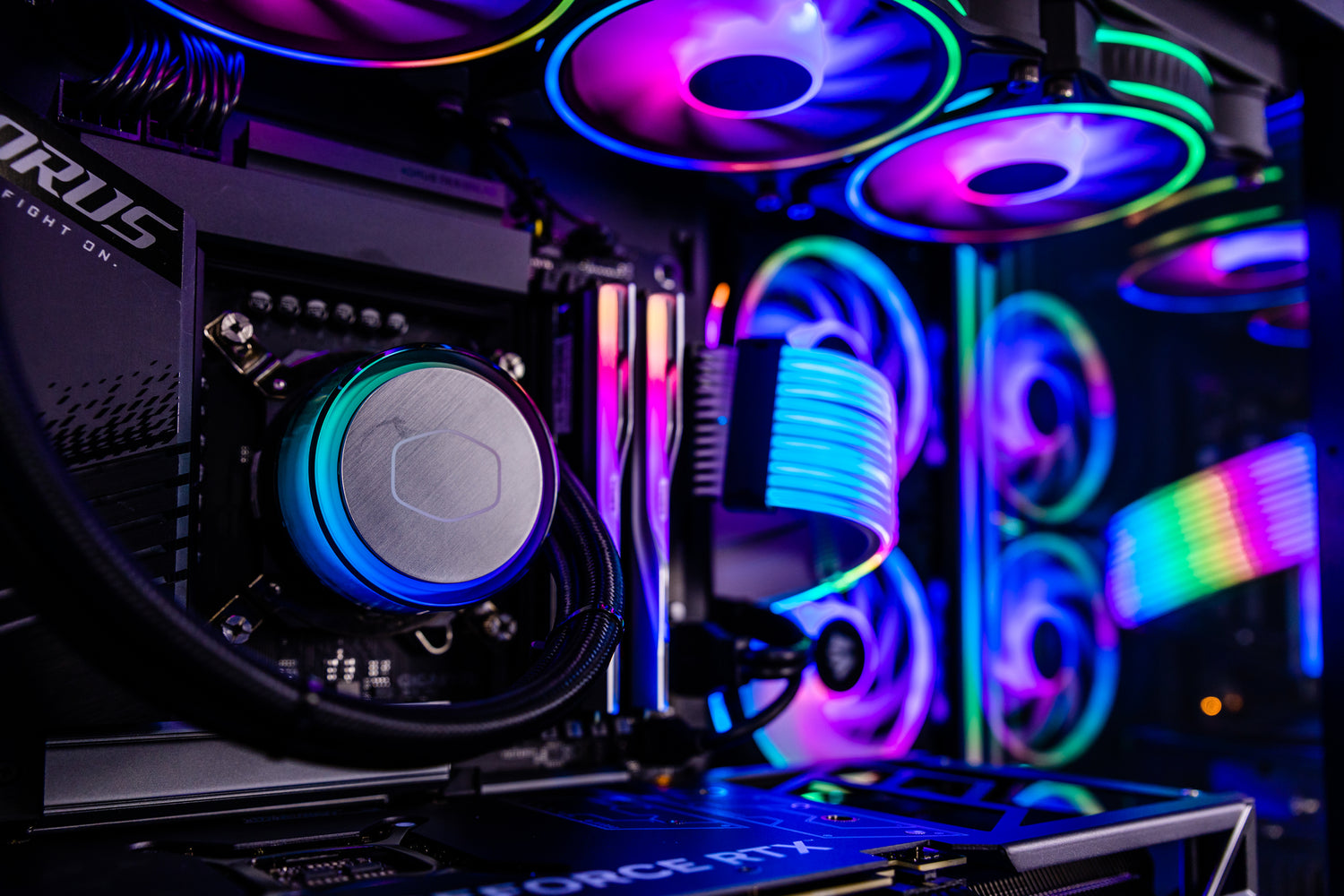
How Much Does a Gaming PC Truly Cost? A Comprehensive Guide
You've probably wondered about the cost of a gaming PC. In this comprehensive guide, we will explore the factors that contribute to the overall cost of a gaming PC and provide you with valuable insights to help you make an informed decision. So, let's dive in and uncover the true cost of a gaming PC!
Understanding the Components
In order to determine the cost of a gaming PC, it's essential to understand its components. A gaming PC typically consists of a processor, graphics card, memory, storage, motherboard, power supply, and peripherals such as a keyboard, mouse, and monitor. Each component plays a vital role in providing an immersive gaming experience.
Setting a Budget
Before embarking on your gaming PC journey, it's crucial to establish a realistic budget. Gaming PCs come in a wide range of prices, from budget-friendly options to high-end systems. Consider your gaming preferences, desired performance, and financial capabilities when determining your budget.
Prebuilt vs. Custom-Built PCs
When it comes to buying a gaming PC, you have two main options: prebuilt or custom-built. Prebuilt PCs offer convenience and simplicity, as they come ready to use out of the box. On the other hand, custom-built PCs provide more flexibility, allowing you to handpick each component to suit your needs. While prebuilt PCs may be more expensive due to assembly and branding costs, custom-built PCs can offer better value for money.
Price Ranges and Performance Levels
Gaming PCs are available in different price ranges, each offering varying levels of performance. Let's explore these ranges and the corresponding gaming experience you can expect:
- Entry-Level: These PCs are suitable for casual gamers and offer decent performance at an affordable price.
- Mid-Range: Mid-range gaming PCs strike a balance between price and performance, catering to gamers who want a smoother gaming experience without breaking the bank.
- High-End: For gamers seeking top-tier performance, high-end gaming PCs deliver exceptional graphics and processing power, providing an immersive gaming experience.
Additional Costs to Consider
When budgeting for a gaming PC, it's essential to consider additional costs beyond the initial purchase. These costs may include peripherals, such as a gaming keyboard, mouse, headset, and monitor. Additionally, software licenses, gaming subscriptions, and maintenance should be factored into your budget.
Future-Proofing and Upgradability
Technology advances rapidly, and gaming requirements evolve with it. Future-proofing your gaming PC involves investing in components that can withstand future demands and allow for easy upgrades. This approach ensures that your gaming PC remains relevant for a longer period, reducing the need for frequent replacements.
Tips for Saving Money
While gaming PCs can be a significant investment, there are several ways to save money without compromising on quality. Consider purchasing components during sales or shopping for refurbished parts. Additionally, comparing prices from different retailers and considering alternative brands can help you find the best deals.
In conclusion, the cost of a gaming PC can vary greatly depending on your requirements and preferences. By understanding the components, setting a budget, and considering the different price ranges and performance levels available, you can make an informed decision.
Remember to account for additional costs and explore options for future upgrades. With careful planning, you can find a gaming PC that offers an immersive gaming experience without breaking the bank.
Remember, investing in a gaming PC is a decision that should align with your gaming goals and financial situation. If you need any help to decide the best option for you, please, contact us.
